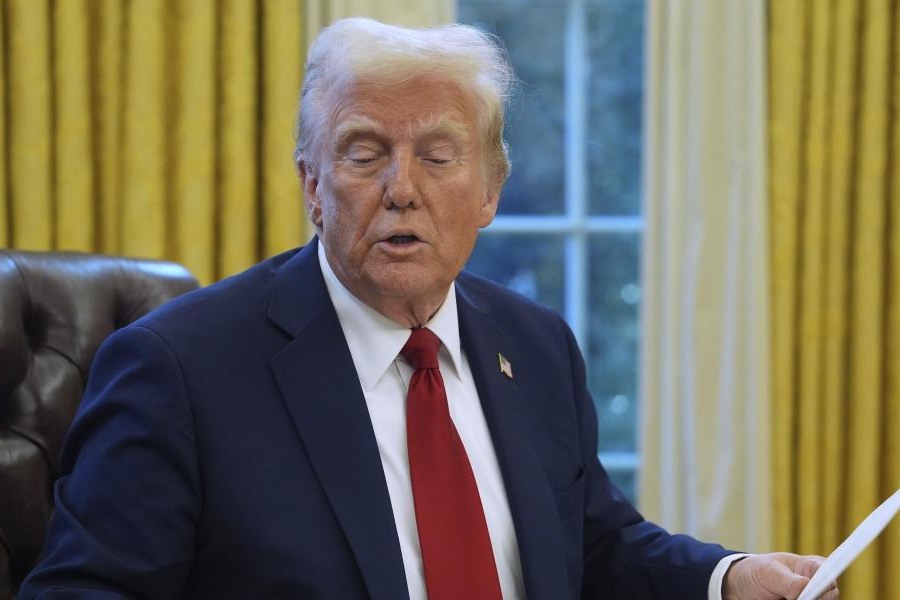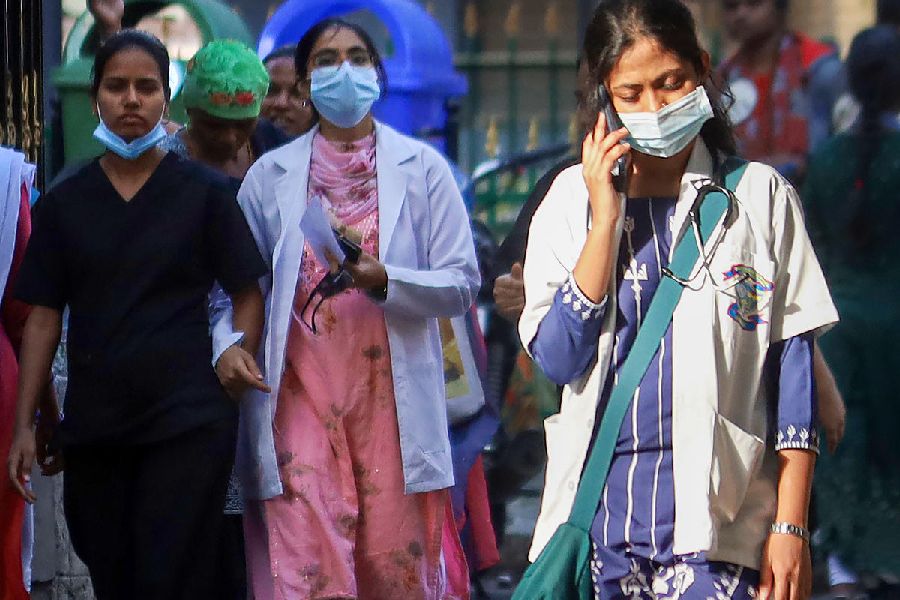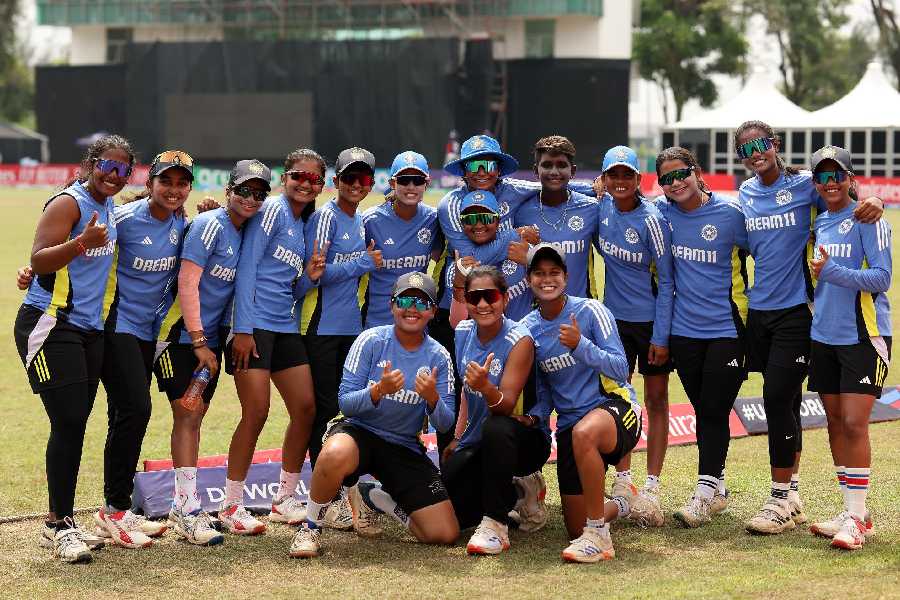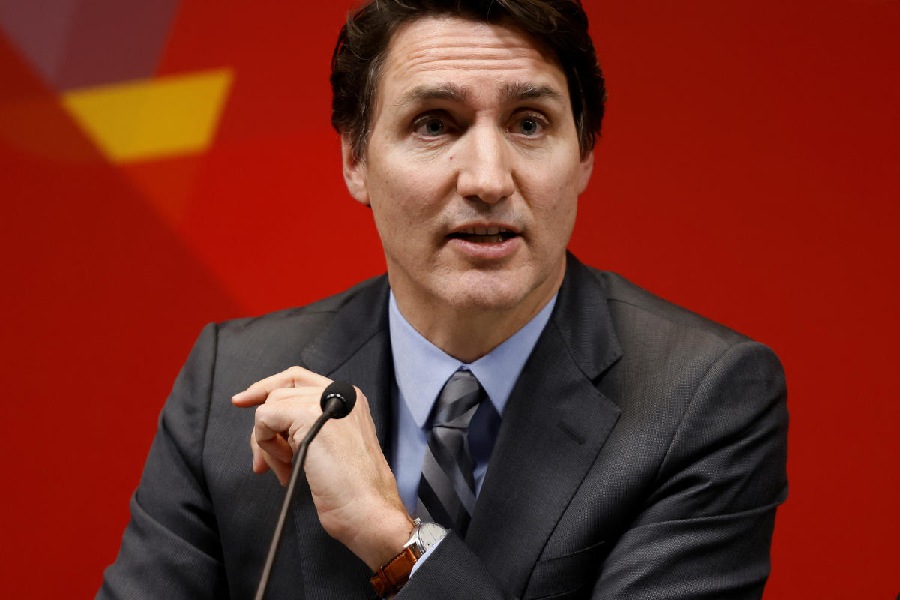The US has said the Lashkar-e-Taiba (LeT) and the Jaish-e-Mohammad (JeM) continued to be a threat to India and slammed Pakistan for allowing candidates affiliated with the LeT front organisations to contest the country's last general elections.
The US state department's 'Country Reports on Terrorism 2018', published on Friday, also said the Pakistani authorities have failed to uniformly implement the Financial Action Task Force (FATF) Action Plan on money laundering and counter-terrorism and the UN sanctions related to designated entities and individuals such as terror group LeT and its affiliates, which continued to make use of economic resources and raise funds.
'Regionally focused terrorist groups also remained a threat in 2018. For example, Pakistan-based Lashkar-e-Taiba which was responsible for the 2008 Mumbai attacks and Jaish-e-Mohammad maintained the capability and intent to attack Indian and Afghan targets. In February (2018), operatives reportedly affiliated with JeM attacked an Indian Army camp at Sunjuwan, in the state of Jammu and Kashmir, killing seven,' the report said.
The LeT and the JeM were responsible for a series of terror attacks in India that include attack on Parliament, leading to death of scores of innocent people and security personnel.
The US state department report said the Pakistan government has failed to significantly limit the LeT and the JeM from raising money, recruiting and training in Pakistan, and 'allowed candidates overtly affiliated with the LeT front organisations to contest the July general elections'.
After the Pakistan general elections, Imran Khan assumed the charge of Prime Minister of the country in August 2018.
Although the Pakistani government voiced support for political reconciliation between the Afghan government and the Afghan Taliban, it did not restrict the Afghan Taliban and the Haqqani Network (HQN) from operating in Pakistan-based safe havens and threatening the US and Afghan forces in Afghanistan, the report said.
In June, the FATF placed Pakistan on the 'grey list' for deficiencies in its anti-money laundering and countering financing of terrorism (AML/CFT) regimes, including the failure to implement the UN sanctions related to designated entities.
The department said as a member of the Asia/Pacific Group on Money Laundering (APG), Pakistan has agreed to implement international standards to combat money laundering, terrorism finance, and proliferation finance but its implementation remained 'very poor'.
'Pakistan criminalises terrorist financing through the Anti-Terrorism Act, but implementation remains uneven. In June 2018, the FATF placed Pakistan on its 'grey list' for deficiencies across its AML/CFT regimes, specifically citing concerns over Pakistan's failure to fully implement the UN Security Council ISIL (Da'esh) and al-Qa'ida sanctions regime. The FATF noted that UN-listed entities, including the LeT and its affiliates, were not effectively prohibited from raising funds in Pakistan, or being denied financial services,' the report said.
'Pakistani authorities failed to uniformly implement UN sanctions related to designated entities and individuals such as LeT and its affiliates, which continued to make use of economic resources and raise funds,' it said.
The US report said Pakistan's 2015 National Action Plan to combat terrorism includes efforts to prevent and counter terrorist financing, including by enhancing inter-agency coordination on countering the finance of terrorism.
The law designates the use of unlicensed 'hundi' and 'hawala' systems as predicate offences to terrorism and requires banks to report suspicious transactions to Pakistan's FIU, the (Pakistan) State Bank's Financial Monitoring Unit, it said.
'These unlicensed money transfer systems persisted throughout the country and were open to abuse by terrorist financiers operating in the cross-border area,' the report said.









